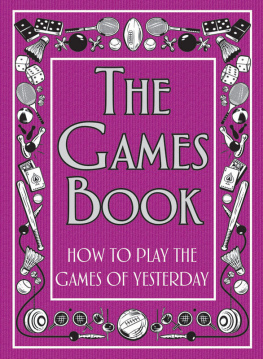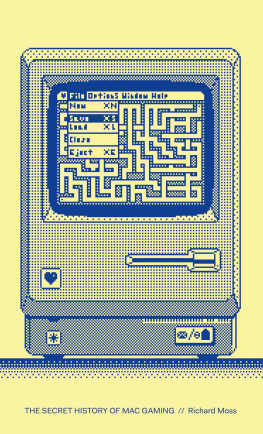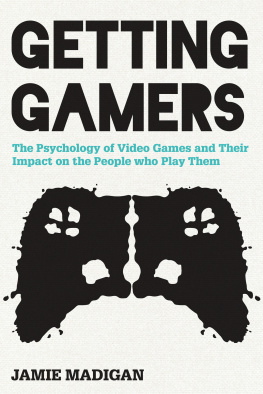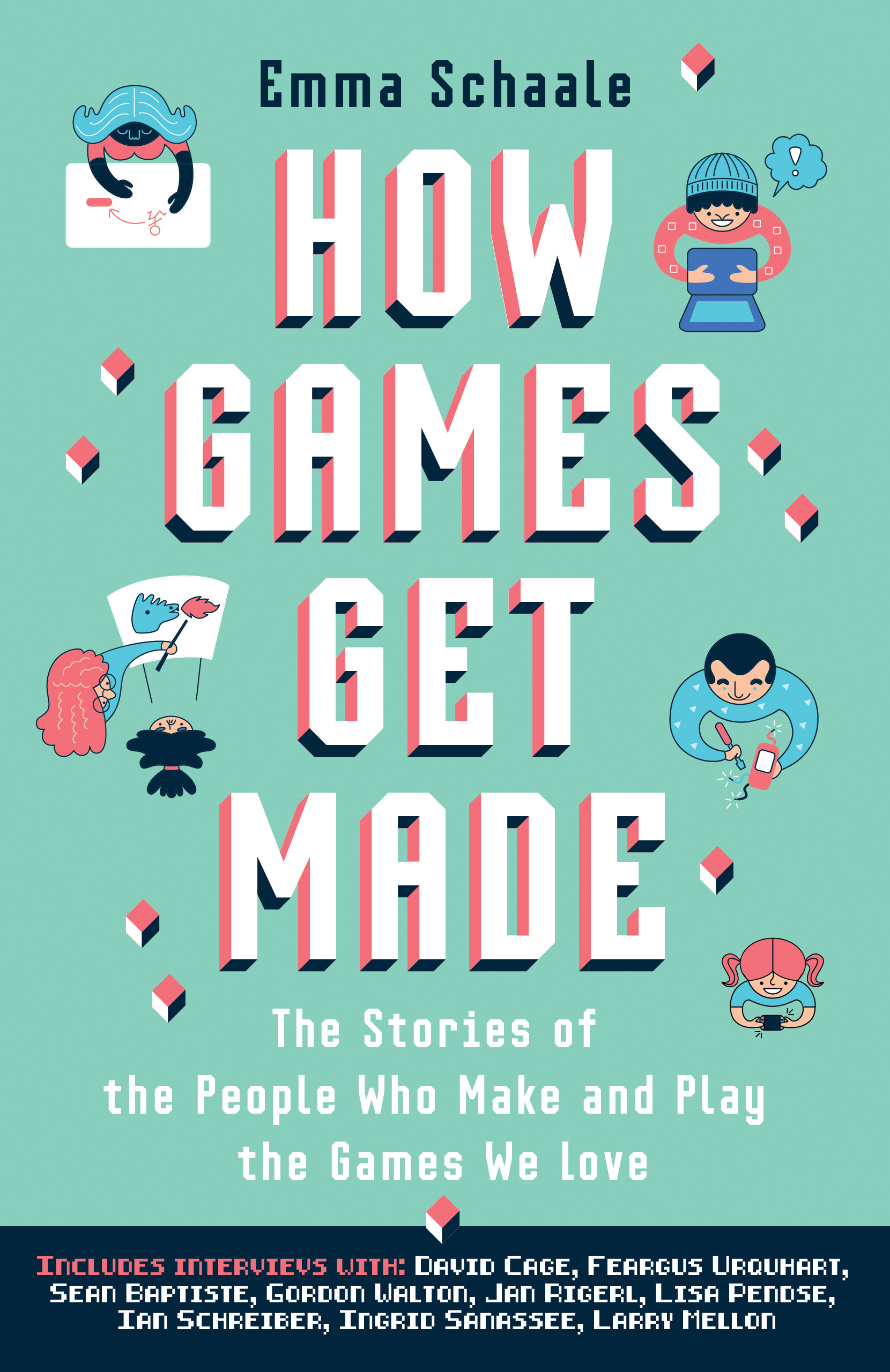Acknowledgements
Id like to gratefully acknowledge these people for contributing to my Indiegogo crowdsourcing campaign. Without you, I would not have been able to make this book a reality.
Mom, Dad, Grandma, Grandpa, Aunt Saori, Mrs. Leigh, Ms. Smith, Ms. Ryan, Mr. Walker, Ms. Atsuko Takenouchi, Chaim Jim-San Hisiger, Professor Joe Loporcaro, Professor Eric Koester, Professor Stephanie Ashenfelder, Grant Dever, Allegra Tennis, Meaghan Moody, Emily Sherwood, Laquanda M. Fields, the Karp family, Chris Pruszynski, Julia Moch, Will Mackay, Hongyu Li, Hank Lasley, May Shin Lyan, Jonah Shafran, Megan Whiskin, Terena Keehn, Kelsea Papaleo, Cindy Gao, Daria Potapova, Daniel Klosowski, Muhammed El-Sayed, Takanori Tanaka, Saori Takahashi, Peter K. Joyce, Keiko Nakayama, Satoko Kiyohara, Mako Tsujimoto, Mary Lester, Udain Tomar, Forrest Shooster, Colleen Kirchoff, Kathryn DeFeo, Sean Janse van Rensburg, Cate Keeney, Yuko Dunham, William Wilson, Suzuki Katsuhiro, Kevin Kirchoff, Nae Hayakawa, Chiyo Higashiyama, Nae Hayakawa, Eriko Isobe, Lynn Schiro, Miyuki Yamada, Fumie Iuchi, Maria Chavarria, Owen Rumiano, Barbara G. Hindman, Meg McQuillan, Gary Cookhorn, Hideji Nishikawa, Pete Danielsen, Paul Tracy, Robert Mostyn, Masahito Kato, Suzanne S. Katz, Lindsay Cronk, Roxana Bowgen, Sean Baptiste, Lisa Pendse, Rohit Crasta, Gregory Kirchoff, and Liz Kirchoff.
Id also like acknowledge those who have brought this book to life:
David Cage, Gordon Walton, Dakota Herold, Jan Rigerl, Ian Schreiber, Feargus Urquhart, Sean Baptiste, Lisa Pendse, Ingrid Sanassee, MissKyliee, Spuddy, and Larry Mellon.
Thank you for taking the time to speak with me.
Id also like to thank those at New Degree Press who helped shape this book: Michael Bailey, John Chancey, Victoria Lei, Gjorgji Pejkovski, and Agata Wawryniuk.
Id finally like to thank Eric Koester for founding the Creators Institute and Brian Bies at New Degree Press Publishing for increasing accessibility of authorship for students.
Contents
Part 1 :
Game Industry Leaders
Chapter 1 :
Breaking Conventions
Chapter 2 :
For the Love of Death
Chapter 3 :
Networks
Chapter 4 :
To Fail To Succeed
Chapter 5 :
The Gamer Heard Round the World
Chapter 6 :
The Meme Charm
Part 2 :
Working For a Developer
Chapter 7 :
All Work, All Play
Chapter 8 :
Life in Motion
Chapter 9 :
When Lightning Strikes
Chapter 10 :
To Nurture
Chapter 11 :
Optimization Obsessed
Part 3 :
Independent Game Development
Chapter 12 :
Working Under the Moon
Chapter 13 :
From the Block, Up
Chapter 14 :
A One-Man Band
Chapter 15 :
Getting Your Foot in the Door
Part 4 :
How Games Get Marketed
Chapter 16 :
Todays Video Game Marketing Landscape
Chapter 17 :
The Power of Collaboration
Chapter 18 :
The Modern Stage
Chapter 19 :
Gaming for a Living
Chapter 20 :
Gaming for a Living, 2
Introduction
Todays just another one of those days. Your mother is badgering you about becoming a lawyer or a doctor. Or maybe sticking with finance is the way to go, she suggests. Your father warns you about the grades for your calculus class, in which youre dangerously close to falling past a C minus. You know, the usual. Giving lifeless nods and noncommittal answers in response, you wander back to your bedroom.
Ah, your bedroom. Your safe haven. Your small paradise within the grueling desert of daily life. Your gaming console of choice rests under the TV your parents got for you after several years of begging, and your headset that promises professional-quality sound rests in its charging stand. You grab the controller, put on your headset, and pick up the bag of snacks you were eating before you headed downstairs for dinner. Popping in your favorite game, you check the time. Sweet. Its 8 p.m. on a Friday, and the weekends ahead of you. After five weekdays of exhausting work, relaxing with some games will be nice for a change.
You might enjoy playing games. In fact, you might spend more time gaming than doing actual work. But what if your actual work was working within the gaming industry?
This thought didnt even occur to me until I took my first video game development course in college, at age twenty. Despite the ridiculous number of hours Id spent playing and watching games, I didnt realize I could make the stuff until far later.
I originally went to college to study biology and astronomy. Before the end of my first semester, that became photography, another hobby of mine. However, finding that too restrictive of a medium to express what I wanted, video game development became my salvation after two years of unrelated classes.
Video games constitute a large class of software. From Candy Crush (2012), the mobile smash hit, to Counter Strike: Global Offensive (2012), one of the most popular online multiplayer games, to Nancy Drew: Interactive Mysteries (1998), a kids education game, when I discuss video game development, I mean it as an all-encompassing term. It includes the games your eighty-year-old grandmother plays on her iPad as well as the games that eighteen-year-old eSports players engage in.
Maybe you picked up this book because you like playing video games, or youve never considered making games as a professional career path. Or maybe youre reading it because you want to work in the game industry but are nervous on how to do so. Or maybe you already work in the industry and wanted to hear some other perspectives. Perhaps you even considered becoming a Twitch streamer to play games in front of an audience, but you have no idea where to begin.
Im here to share with you the ins and outs of the gaming industry and answer questions, such as:
How, exactly, do people get into the gaming industry?
What does working in the industry even mean?
How do I become an industry leader?
What is it like to build your own business in this industry?
With those questions in mind, I should note the video game industry is unique. Its volatile and often requires overtime, and most of the people who work in it do so for passion rather than career stability or pay. The industry is so new that finding a clear-cut base pay rate for any single role is difficult. Your hours and pay are so dependent upon the work culture of the company, your job, and the progression of the developing project that it is almost impossible to give a clear answer.
Take, for example, the job position of 2-D/2-D Concept artist. For a junior/mid-level role, here are the pay rates I can find at a quick glance, including the artists location and company:
Roxie Vizcarra, @roxination: $75,000 in 2009 working at Rockstar Games in New York City
Marc Brunet, @bluefley: $41,000 (CAD) in 2007 working at Behavior Interactive in unknown location







![Mark J. P. Wolf (editor) - Encyclopedia of Video Games: The Culture, Technology, and Art of Gaming [3 volumes]](/uploads/posts/book/279290/thumbs/mark-j-p-wolf-editor-encyclopedia-of-video.jpg)



